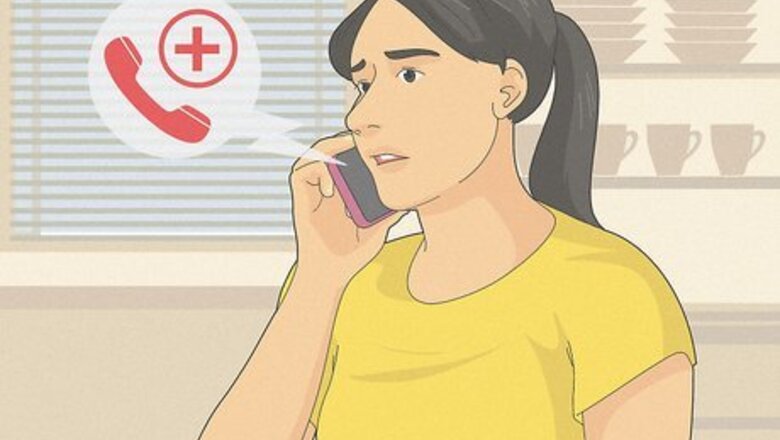
views
X
Trustworthy Source
MedlinePlus
Collection of medical information sourced from the US National Library of Medicine
Go to source
Otherwise, call the U.S. Poison Help Hotline at 1-800-222-1222 and follow their exact instructions. Note that you should never induce vomiting for non-medically urgent reasons, such as weight control.
Seeking Medical Attention for Poisoning
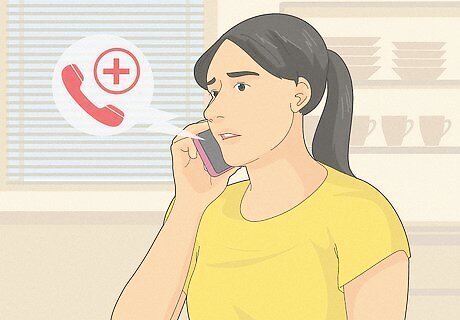
Contact Poison Control immediately. There is no reason to induce vomiting at home. If you or someone you’re with may have been poisoned, call the Poison Help Hotline at 1-800-222-1222 from anywhere in the United States. This number will connect you with a poison control center staffed by professionals who will provide you with free and confidential advice. Call this number at any time for any questions about poisoning or poison prevention. Outside of the U.S., look up the number for poison control in your country and call them immediately. For instance, the number to call in Australia is 13 11 26. People can be poisoned by chemicals, taking too much medication, and even too much of a certain food. If you think you or someone else may have been poisoned, do not hesitate to call Poison Control.
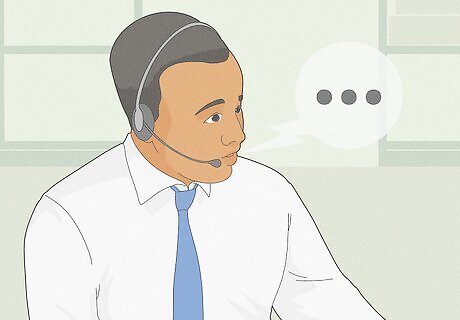
Follow Poison Control’s instructions exactly. Poison control personnel will ask you questions about what has been consumed, as well as any symptoms that have developed. If they direct you to go to an emergency room, do so immediately. Again, do not induce vomiting unless directed to do so.
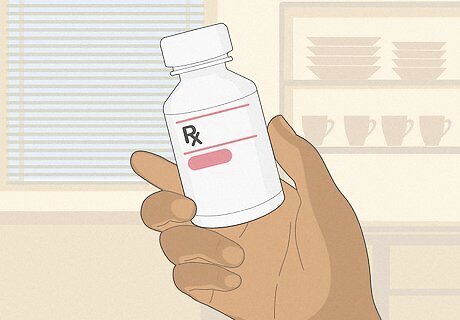
Bring the container of the potential poison with you. If you have a good idea of what may have caused the poisoning, such as a bottle of pills, bring this with you. It will provide medical personnel with valuable information that can help them treat the poisoning victim.
Avoiding Potentially Dangerous Methods
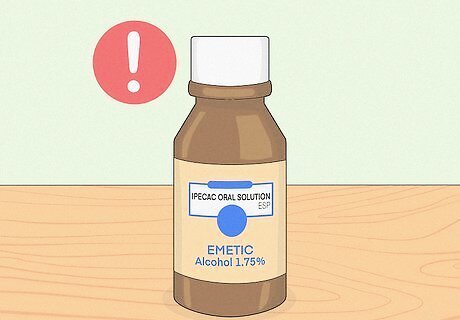
Avoid emetics unless directed to take them. Over-the-counter emetics, or medicines that can make you throw up, should be avoided unless a medical professional directs you to take some as a last resort. Ipecac syrup, for instance, was once commonly used to induce vomiting. However, research shows that medications such as these can complicate treatment for poisoning. In fact, ipecac is no longer produced for over-the-counter sales.

Refrain from drinking salt water. While salt water is a classic home remedy to induce vomiting, it may actually pose a risk to a poisoning victim. Drinking salt water can lead to salt poisoning, which can lead to symptoms like dry mouth, a higher pulse, and even seizures and brain damage. Drinking large amounts of salt water may cause serious health complications, including death.

Take caution with other home remedies. Folk methods of inducing vomiting include drinking mustard, drinking raw egg whites, or eating a combination of burnt toast, tannic acid, and milk of magnesia. No reputable organization has ever proven the safety of these methods.

Avoid potentially dangerous substances. There are a handful of substances that can induce vomiting but are not recommended. These include activated charcoal, atropine, biperiden, diphenhydramine, doxylamine, scopolamine, copper sulfate, bloodroot, lobelia tincture, and hydrogen peroxide.
Following Up

Rinse your mouth after vomiting. There will likely be a bad taste in your mouth after vomiting that you want to remove. To do so, rinse your mouth with as much warm water as is necessary. It may also help to eat a hard candy after vomiting to help with the bad taste.

Do not brush your teeth. Brushing your teeth immediately after vomiting can cause damage to your tooth enamel. This is because corrosive gastric acid may have entered your mouth when you vomited.
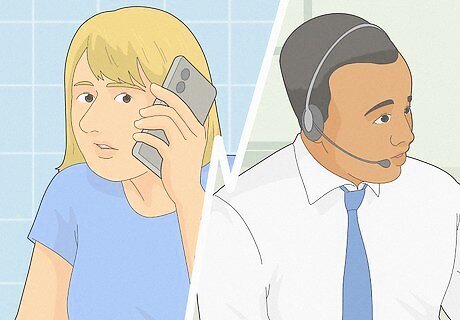
Continue following poison control’s directions. Do whatever poison control tells you to do. They will likely direct you to drink water but may direct you to hold off on eating or drinking for a while. If they tell you to go to the hospital, do so, even if you think you threw up most of whatever was bothering your stomach.












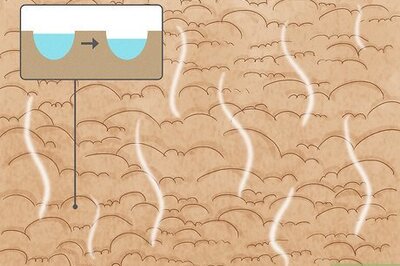




Comments
0 comment